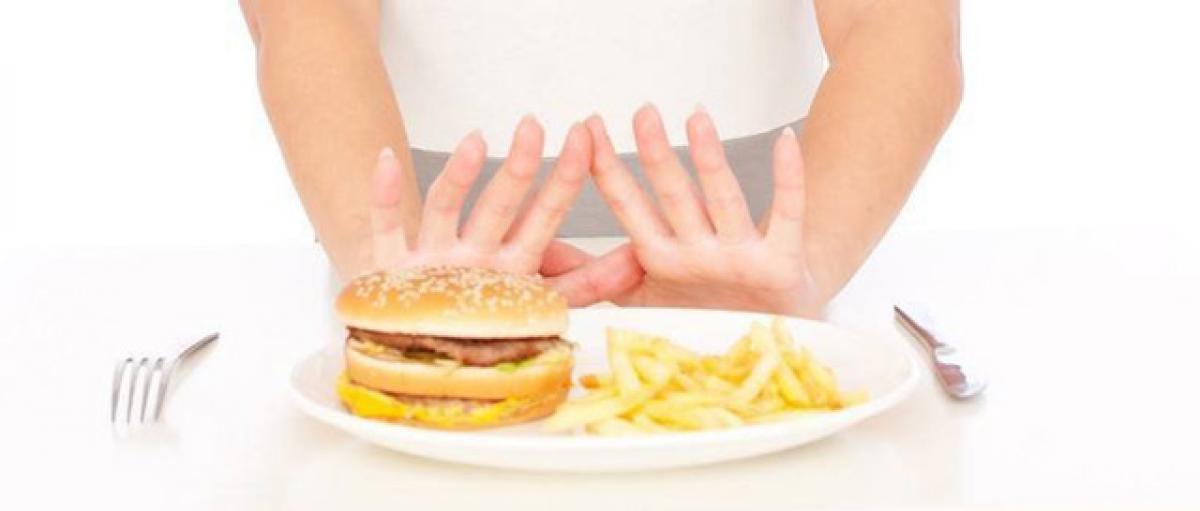Ways a diabetic person’s life is different from the rest

Imagine a Friday night at the end of a long, hard week - a week that felt like it’d never end, but you still made it past the finish line. It’s now time for some well deserved Rest and Relaxation.
Imagine a Friday night at the end of a long, hard week - a week that felt like it’d never end, but you still made it past the finish line. It’s now time for some well deserved Rest and Relaxation. You order a large pizza with extra everything and go for a quick booze run while it reaches you. The next morning’s gym plans have been cancelled and plans to sleep in over the weekend have been made.
That may or may not sound like every Friday night to you, but for a diabetic person, it’s all a distant dream. When your body can’t maintain healthy levels of glucose in the blood, a great portion of your life is dedicated just to managing the condition. It doesn't matter where you're from or what you do: Diabetes can strike anyone and from all walks of life. Here are 8 ways in which a diabetic person’s life is different from all of ours.
They need to avoid fatty foods at all cost.
It's not like a diabetic person can absolutely never have even a slice of pizza, but anything with too many calories is bound to increase the level of glucose in one's blood which, obviously, is not good. That means a diabetic person generally eats a lot more salads, whole grains, and legumes and a lot less junk food.
Every meal turns into a math test for them.
Eating too many carbs can cause a spike in blood sugar levels, which in turn can result into an insulin-injecting spree. In order to regulate their insulin intake, a diabetic person has to constantly manage their portions and eat a balanced diet. And that applies to every single meal.
They get (a lot) more thirsty than others.
High concentration of glucose generally leads to one being more prone to dehydration. The effects of this extreme thirst also lead to more loo breaks. Talk about inconvenience!
Exercising can be a tricky affair for them!
While regular exercising should ideally be an essential part of a diabetic person's lifestyle, too much of it can actually be a problem. Intense physical exertion causes the liver to release up to 20 times more glucose, and without insulin to counteract the excess glucose, it can get a bit scary.
They can't drink whenever or as much as they want.
Alcohol may increase or decrease blood sugar levels to dangerous degrees. Also, it stimulates one's appetite and could cause one to overeat, which again, can adversely affect glucose levels in the blood. Finally, alcohol can counter the positive effects of any oral medication or insulin that a diabetic person may be taking. Thus, a diabetic person has to watch their alcohol intake with the eye of a hawk.
People with diabetes often need to take upto 5 insulin injections a day.
A diabetic person's pancreas does not produce enough insulin, which is why they need to inject themselves with it multiple times a day in order to trick the body into thinking that the pancreas is working just fine. The average number is around 2, but it can easily go up to 5 or even more.
They have to take extra care of their eyes.
Diabetes can not only damage the small blood cells in one's retina but also increase one's chances of having cataracts and glaucoma. A diabetic person has to take regular eye exams, eat healthy, and try as hard as they can to avoid straining their eyes.
They need to visit the Doc frequently.
Diabetes requires a lot of check-ups and monitoring. Apart from the usual weight and blood pressure, the doc will also regularly inspect the patient's feet and eyes. Feet, to check for signs of infection, calluses, and numbness; Eyes, for all the reasons mentioned in the previous point.




